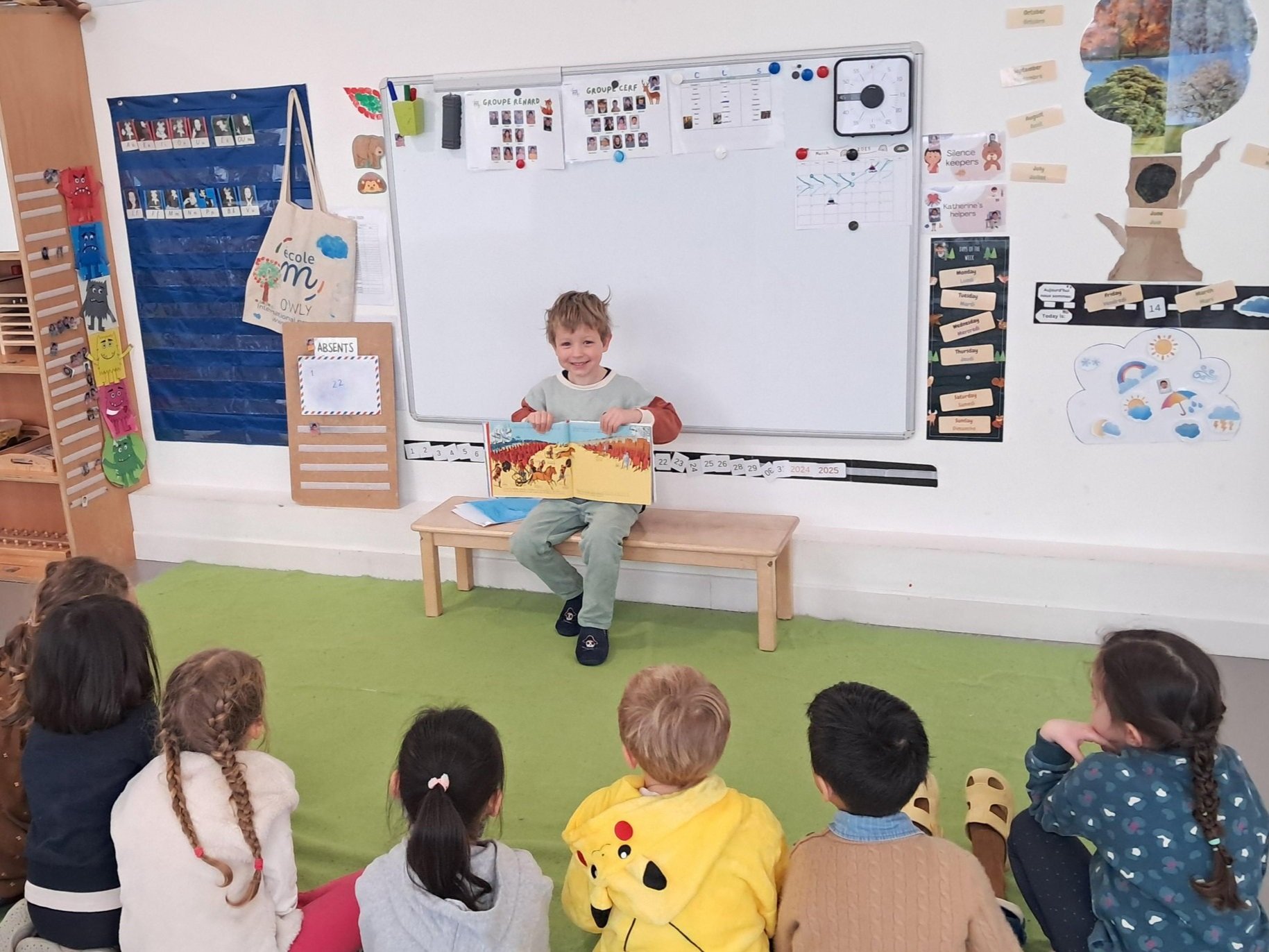
Freinet pedagogy is an alternative teaching method that emphasizes autonomy, cooperation and experimentation. Developed by Célestin Freinet in the early 20th century, Freinet pedagogy is based on fundamental principles designed to promote active learning, adapted to each child and centered on his or her needs. This innovative pedagogical approach makes it possible to reinvent classroom teaching, while remaining true to Freinet's fundamental values.
Freinet pedagogy is distinguished by several key principles that make it a unique and effective method:
One of the most striking aspects of Freinet pedagogy is the free expression of children. Students are encouraged to express themselves through free texts, drawings, school newspapers or group projects. This freedom of expression in Freinet pedagogy fosters children's creativity and self-confidence, while reinforcing their motivation to learn. Freinet firmly believed that personal expression enables each student to better understand and integrate learning.

In Freinet pedagogy, children learn best by doing. Learning through experimentation is therefore at the heart of this method. Educational activities are organized around concrete projects that involve manipulation, observation, and experimentation. According to Freinet, active and direct learning allows children to anchor their knowledge in a lasting way. By favoring experience over abstract theory, Freinet revolutionized the way we teach
To see the Freinet teaching method in action, visit one of our schools and meet the teaching team by clicking here.

Cooperation is at the heart of Freinet pedagogy. Group work and solidarity are encouraged. Students actively participate in classroom management and make collective decisions through student councils. This cooperative organization fosters children's autonomy and teaches them to work together in a respectful, caring environment, in line with Freinet's principles.
In Freinet pedagogy, assessment is not based on grades, but on continuous observation of the child's progress. Regular assessments and self-assessments enable pupils to become aware of their achievements and areas for improvement. This formative approach, which takes into account the child's overall development, is essential to the Freinet pedagogy, which values individual progress over competition between pupils.
Adopting this pedagogical approach offers children many advantages:
The benefits of Freinet pedagogy are not limited to the classroom. It also fosters children's personal development, offering them a more humane, individual-centered approach.
Many public and private schools adopt the Freinet pedagogy, in part or in full. It is particularly present in alternative schools: at école M, for example, our teaching teams use Freinet's teachings on a daily basis. Our students learn in a way that respects their needs and rhythms. If you'd like to find out more about the application of Freinet pedagogy in schools, please consult the official website of theICEM - Institut Coopératif de l'École Moderne, this detailed article on Freinet pedagogy and our guide to Freinet schools in Île-de-France.
If you'd like to find out more about the Freinet pedagogy and discover how it can benefit your child, we invite you to sign up for one of our upcoming information meetings. It's the perfect opportunity to ask any questions you may have, and to exchange ideas with other parents and educators passionate about this innovative method.